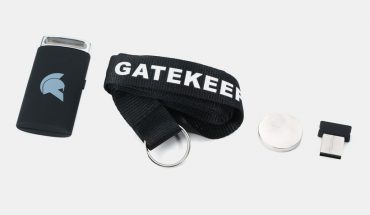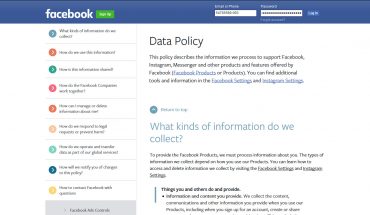Does Data Anonymization Bring Personal Privacy Protection on Social Media or Mobile Platforms?
by Lee Rickwood
Data anonymization implies that data can no longer be traced back to an individual user because all the personal identifying information has been removed. It may not be so.








